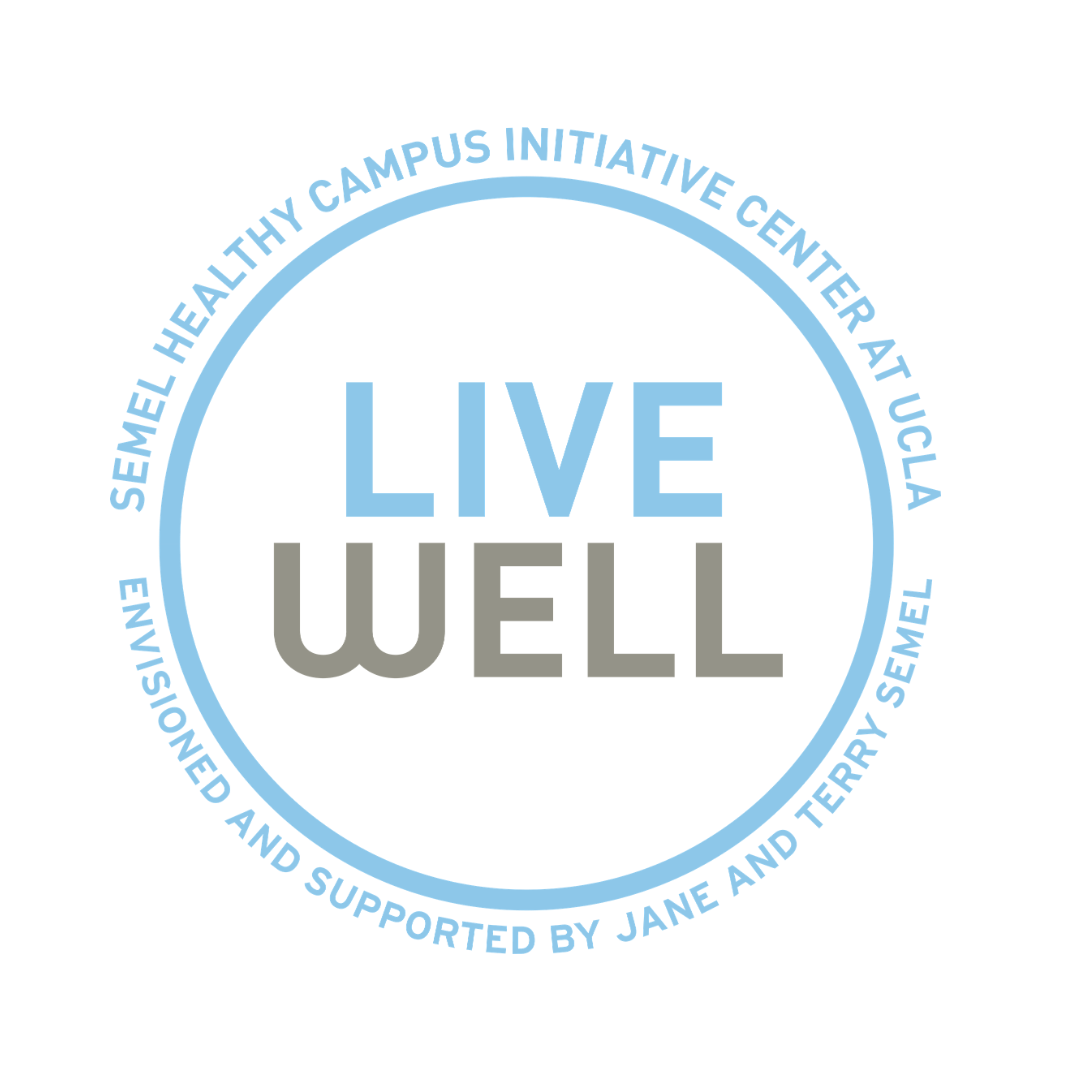The conversation around social well-being has changed rapidly over the past couple of weeks. As social beings, we are currently facing a collective challenge to adjust to new norms about how we can interact with each other. Just a month ago, conversation among experts studying social engagement may have centered around technology hindering social engagement. Now, we are in an interesting time when technology is the very thing that enables us to socialize.
To kick off this special series,”6 feet apart,” UCLA’s Professor of Psychology and co-leader of the EngageWell Pod, Dr. Ted Robles, talks about how we can stay socially engaged and support each other while we practice social distancing.
More about Dr. Ted Robles
Dr. Robles’s research involves understanding how stress and social relationships influence health, with a focus on allostatic biological processes, which help individuals achieve physiological stability during stressful events; and restorative biological processes, which aid the individual in recovering after stressful events. Allostatic processes that Dr. Robles studies include the hypothalamic-pituitary-adrenal (HPA) axis, autonomic and cardiovascular responses, and immune and inflammatory responses.
Dr. Robles studies these biological processes in the context of stress, social support, and close intimate relationships across the life course. His research program uses both experimental and non-experimental designs and reflects my interest in multiple, innovative methods to assess psychological constructs and physiology in minimally invasive ways, while at the same time incorporating measures of clinically relevant health outcomes.
Dr. Robles is currently examining how family environments impact susceptibility to upper respiratory infections, and how retirement impacts marriages and health. In addition, he is currently studying how psychological stress and mindfulness-based stress reduction may influence psoriasis symptoms.
Research and Teaching Interests:
Stress, social relationships and health, allostatic and restorative processes, psychoneuroimmunology, marriage and health, anxiety/stress and skin disease.




